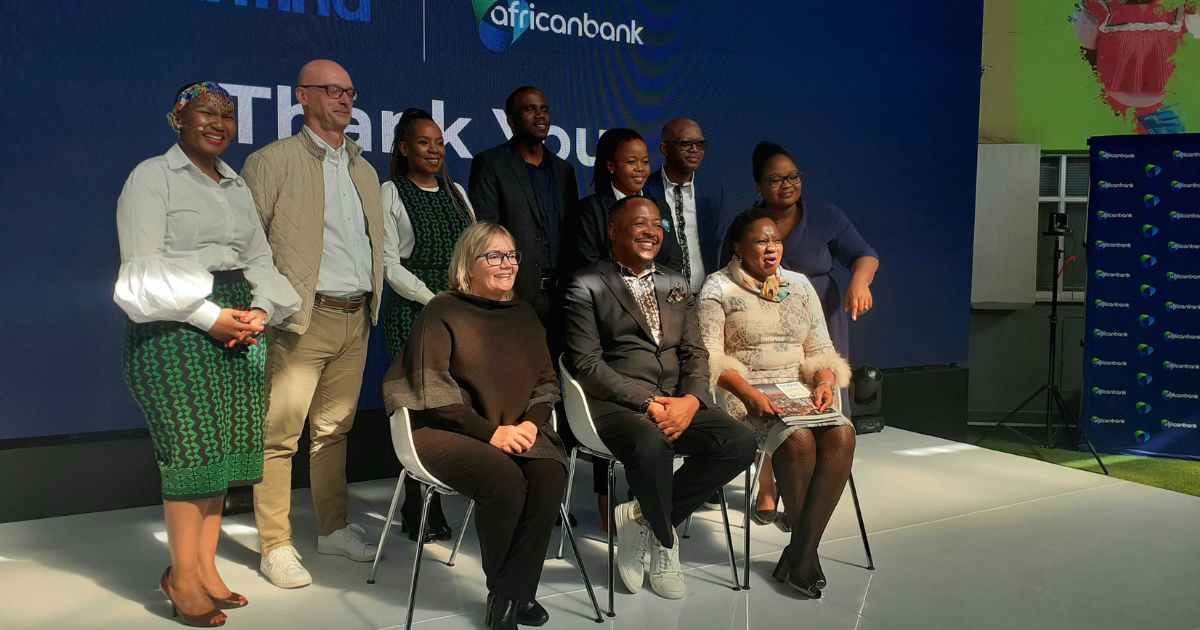StanChart Leads the Charge: Connecting Southeast Asia and the Gulf with Growing Islamic Finance

Singapore – A significant shift is underway in global finance, with capital, trade, and wealth increasingly flowing between Southeast Asia and the Middle East. At the heart of this dynamic exchange lies Islamic finance, a sector poised for explosive growth and attracting investments exceeding trillions of dollars. Standard Chartered (StanChart) is strategically positioning itself as the premier gateway, facilitating this burgeoning connection.
Why Islamic Finance is Taking Off
Islamic finance operates on principles derived from Sharia law, prohibiting interest (riba) and emphasizing ethical and socially responsible investments. Historically, its growth was largely confined to Muslim-majority nations. However, the appeal of its ethical framework and risk-sharing models is now resonating with a broader audience, including institutional investors and even those outside the Islamic faith. The expanding pool of high-net-worth individuals in Southeast Asia, combined with the region’s strong economic growth, creates a fertile ground for Islamic financial products and services.
StanChart's Strategic Role
Standard Chartered’s deep roots and established presence in both Southeast Asia and the Gulf Cooperation Council (GCC) countries give it a unique advantage. The bank is actively expanding its Islamic finance capabilities, offering a range of products including Sukuk (Islamic bonds), Shariah-compliant trade finance, and wealth management solutions. Their expertise in navigating the regulatory landscapes of both regions is invaluable for clients seeking to tap into this cross-border investment opportunity.
The Southeast Asia - Gulf Corridor: A Rising Opportunity
The economic ties between Southeast Asia and the Gulf are strengthening. The GCC nations are seeking to diversify their economies away from oil dependency, and Southeast Asia offers attractive investment destinations with strong growth potential. Conversely, Southeast Asian businesses are looking to the Gulf for capital, technology, and access to new markets. Islamic finance provides a natural framework for facilitating these transactions, aligning with the values and investment priorities of both regions.
Beyond Trillions: The Future of Islamic Finance
Analysts predict that the Islamic finance market will continue its rapid expansion, driven by factors such as rising global Muslim populations, increasing financial inclusion, and the growing demand for ethical investment options. StanChart’s commitment to Islamic finance highlights the sector's significant potential and underscores the bank’s role in shaping the future of global finance. By bridging the gap between Southeast Asia and the Gulf, StanChart is not only facilitating investment flows but also contributing to the broader development of Islamic finance as a mainstream and globally relevant financial system.
Key Takeaways:
- Islamic finance is experiencing a period of significant growth, attracting trillions in investment.
- Standard Chartered is strategically positioned to connect Southeast Asia and the Gulf through Islamic finance solutions.
- The economic ties between the two regions are strengthening, creating a fertile ground for Islamic financial products.
- Islamic finance is evolving into a mainstream and globally relevant financial system.





